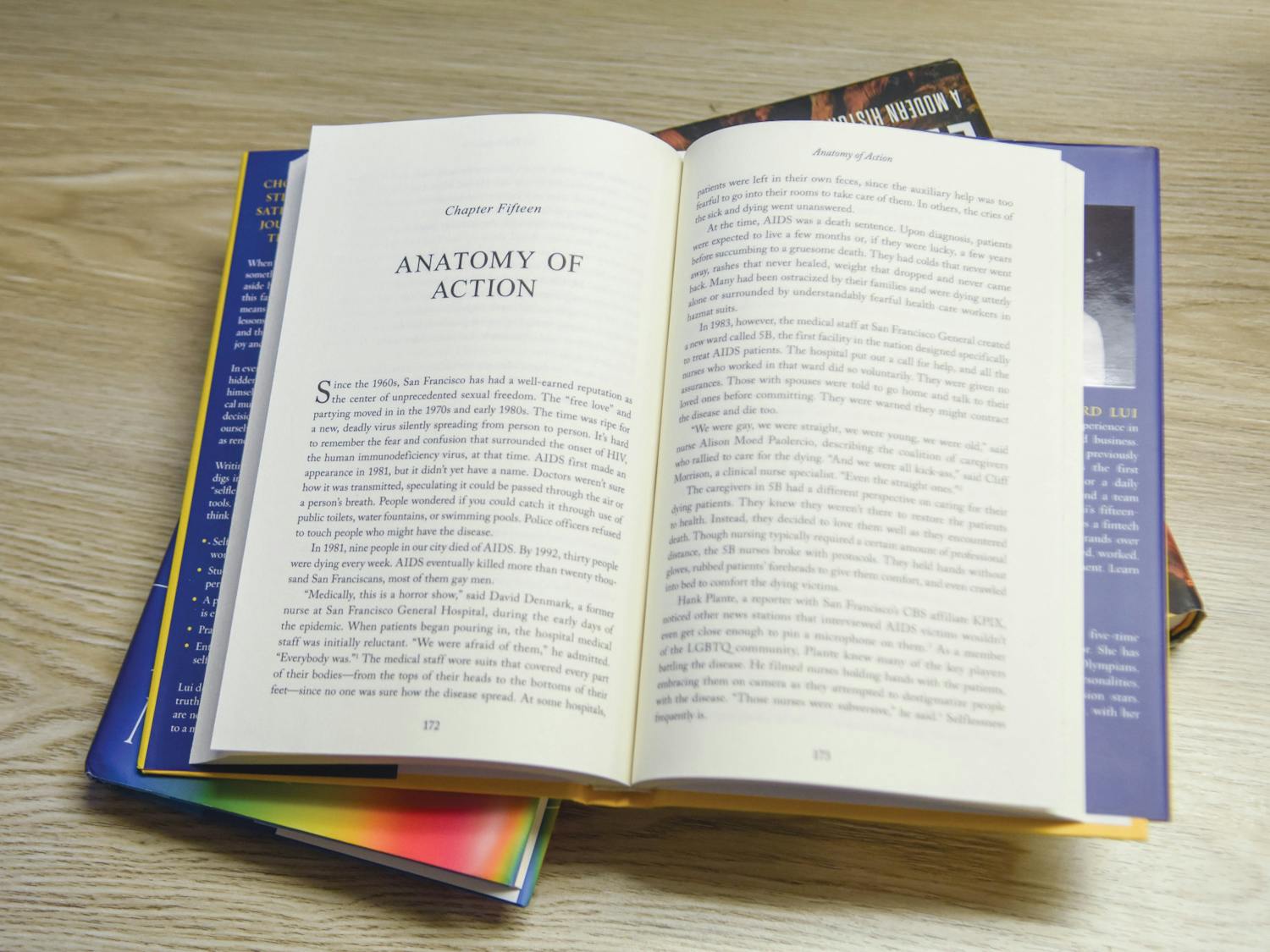That old children's tale, "The Country Mouse and the City Mouse," doesn't seem to make as much sense to me now as it did when I was in kindergarten. With the country's cities experiencing an unprecedented renaissance driven by this unprecedented economy, what's there to keep the country mouse in the country? Why wouldn't a young, rodent bachelor decide to dump his boondock digs and moves into a 300-square-foot studio across the hall from his city slicker pal? The New American City is a vibrant one. Streets are clean, crime is down and jobs are bountiful. Philadelphia seemingly hasn't been left out. A decade ago the city was on the brink of bankruptcy, its economy was stagnant and its government was just beginning to rise out of a long history of corruption. But now it's a happening place. It's got a great downtown. It's got a thriving art district. It's a place people want to visit. But while American cities are flying high right now, they have to come back down to earth someday when the economy slows. And what might be a relatively soft landing for most cities will be a crash and burn for Philadelphia. That is because Philadelphia's economic comeback has been fueled by tourism and hospitality. With former Mayor Ed Rendell in office, the city took an "if you build it, they will come" philosophy toward vacationers, and since the late '80s, we've seen a boom in hospitality construction. Visitors have enjoyed a new convention hall, a new sports arena, new shopping centers, new restaurants and new hotels. In the past year alone, 4,000 new hotel rooms have opened. Even on the Penn campus, we have the high-end Inn at Penn, plans for Sundance Cinemas and excitement over Pod, the new novelty restaurant. But this focus on tourism has made the city's economy too fragile, too dependent on other people's money. When a recession hits, things like fancy restaurants, sports tickets and vacations are the first things crossed off people's "to do" lists. If those go, so does a large chunk of the city's revenue, along with the progress it has made in the past decade. Ironically, city administrators planned it this way. "Tourism as revitalization for Philadelphia was a very forthright and purposeful strategy for the Rendell administration," said Anuj Gupta, a Penn Law student and former associate with the Pennsylvania Economy League, a non-profit think tank. "Because at the time, Philadelphia needed something and it needed something quick." The thinking was, according to Gupta, that tourism was a way to put some quick cash in Philadelphia's pockets and a way to reshape the city's image. If all fell into place, that new image would lure more stable industries back to the city. In other words, build the house first and then put the foundation under it. But that foundation has been slow in coming. According to Gupta, Philadelphia lags behind most cities in job growth. The only section of Philadelphia that has seen any new jobs in the past two years is Center City, and growth there has been minimal. Philadelphia also leads the nation in population loss according to the U.S. Census Bureau. Since 1990, more than a quarter of a million people have left, with large tracts of land in West and North Philly literally deserted. And most of those who left were upper- and middle-class residents who took a large portion of the tax base with them. Those who have stayed are the poor, and they are in constant need for more services, further draining city funds. Gupta called this erosion of the tax base "the cycle of the death of a city." To end that cycle, Philadelphia needs to start bringing real industry into its borders, real jobs that don't leave when the Dow drops. It needs to stop being America's version of a Caribbean island whose fortunes rise and fall with the whims of American vacationers. But the city has been slow to generate any kind of excitement in the computer or biotech industries that have carried New York, San Francisco and Boston to new heights. Instead, the talk is of a new ballpark for the Phillies and the soon-to-be-completed performing arts center downtown. And until plans fell through last year, many were looking forward to a Disney theme park in Center City. This isn't 1992. The city is not backed into a corner with its only option being to throw itself at the mercy of the tourism industry. This is a new time, a new beginning -- a fresh chance to make an old story of one country mouse and one city mouse completely obsolete.
The Daily Pennsylvanian is an independent, student-run newspaper. Please consider making a donation to support the coverage that shapes the University. Your generosity ensures a future of strong journalism at Penn.
DonateMore Like This
Gladys Smith | You can’t read
By
Gladys Smith
·
Yesterday
Charlotte Pulica | Research is Penn’s greatest gift
By
Charlotte Pulica
·
2 days ago
Greta Lynch | Maybe it is that damn phone
By
Greta Lynch
·
Nov. 11, 2025
Elijah Ramirez | The cost of caring too much
By
Elijah Ramirez
·
Nov. 9, 2025








